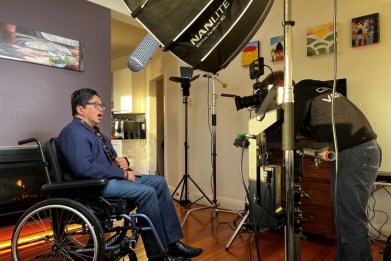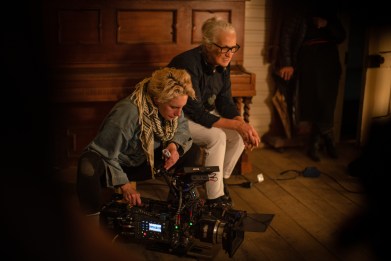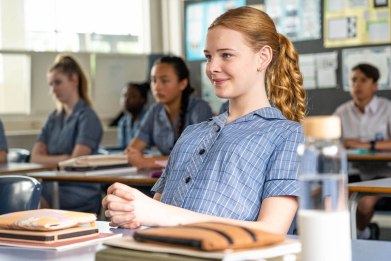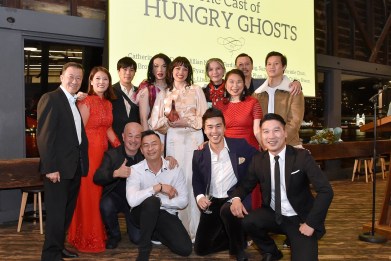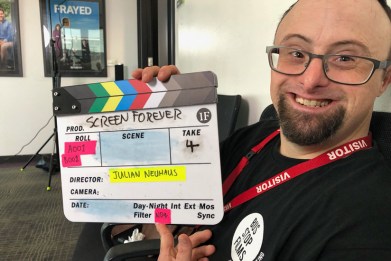The Australian Film Television & Radio School (AFTRS) has unveiled a new scholarship with Constellation Creatives to support and develop the career of an individual from Asian descent in the Australian screen industry.
In terms of efforts to bolster on-screen diversity, Screen Australia CEO Graeme Mason says the industry "can get a tick" but "we don't get gold star yet".
People with disability working in the screen industry routinely experience prejudice, are lower paid, offered more precarious work and are in less powerful positions than their non-disabled counterparts.
The Australian Cinematographers Society’s A Wider Lens report, which examines career pathways into cinematography, and the workplace and recruitment experiences of camera professionals, paints a picture of inequality, discrimination and a lack of diversity. It recommends an "industrial scale" effort to address a toxic work culture, finding many workplace conditions, as well as commonplace bullying, harassment and discrimination, are resulting in significant mental health consequences, to the point of threatening the industry's long-term sustainability and growth.
Creator, writer and director of the ABC and Hulu's 'First Day', Julie Kalceff, tells IF why the children's series needed a second season.
“One in five people in Australia experience disability. It’s time to bring the issues which put up barriers for these people in the screen industry to the fore."
The Australian screen industry is experiencing a boom, with Australia being seen as an affordable and safe place to film. This presents a distinct opportunity, not just for the Australian economy, but for modernising an industry ripe for change that can better meet the needs of contemporary audiences moving forward, writes actor, producer and writer Oakley Kwon.
Through a new partnership with Bus Stop Films, the ABC will fund two 12-month placements for people with disability.




